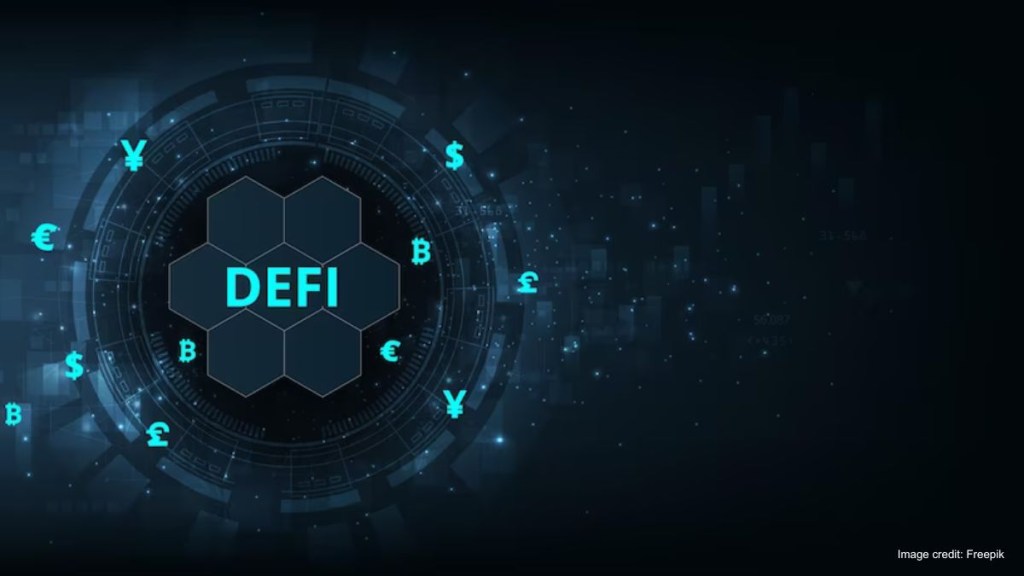The current financial system is expected to change with the implementation of decentralised finance (DeFi) using blockchain and smart contracts which offer financial services without a third-party intervention such as banks, brokerages and exchanges, among others. The market size of DeFi stood at $48.65 billion in 2022, as per insights from Statista, a market research platform. Some critics argue limitations such as gap in regulation and faith in traditional banking, among others, can be a hurdle to completely implement DeFi. In a conversation with FE Blockchain, Vikram Subburaj, CEO, Giottus, a crypto platform, talks about what role can DeFi play in the traditional financial system. (Edited Excerpts)
Can DeFi contribute to the stability of the crypto market?
Reportedly, post-covid the active number of demat account holders have reduced to four to five crore as returns were not up-to-the-mark. From what it is understood, DeFi has come to be a disruptive force within the crypto market, aiming to provide financial services without intermediaries. The cryptocurrency market tends to be volatile, which can result in price fluctuations and uneven value outcomes for investors. However, with DeFi you are on your own, from maintaining keys to validating smart contracts besides approving. It’s all about being user-oriented and being responsible for the output. So, I think the crypto market depends on the human psyche and not on any other factors.
With improved regulations, can DeFi take over the traditional financial system?
The most common question is how much safety can DeFi structure provides when it is mostly a user-based module. Supposedly, the freedom to control transactions may lead to fraudulent activities. I believe with improved regulations and government support we can remove this fear from people. Use cases such as the adoption of Anti-Money Laundering (AML) and Countering the Financing of Terrorism (CFT) regulations to combat money laundering and terrorism financing by Singapore are expected to create an impact on the Indian Banking regulators. I believe that the only loophole we have is that we are slow in adopting fintech regulations. Hopefully, the regulation will favour innovations to be undertaken within India. Moreover, when the whole system is upgraded everyone around the world will upgrade to this newer system. But whatever the situation may be DeFi can’t take over the traditional financial systems as many people are expected to hold their trust in traditional banks.
What does decentralised finance hold for us in future?
Decentralised finance is expected to cover every form of financial transaction with a promise of safe network. Apart from this, the feature of excluding third-party intermediaries may reduce the overall cost of transactions. I think with the improvement of processes and systems in this network, apart from the banking sector many other industries would come forward. For example, companies such as Google, Amazon, Facebook, Ola and Uber, among others are all centralised entities and have been operating on the concept of centralised-based data. However, with the intervention of blockchain and Web3.0 it’s all about decentralisation and ensuring that a single entity does not own data. So people are not just about financial freedom or fintech revolution but also about getting unlimited access just like the Internet. As Mahesh Kumar Jain, Deputy Governor, said “To prepare for the future, adopt innovative technologies such as AI and blockchain, including digital transformation, enhancing customer experience with decentralisation and investing in cybersecurity measures.”
Follow us on Twitter, Facebook, LinkedIn

